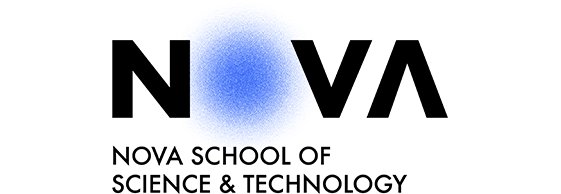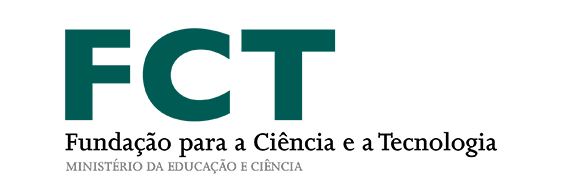CENSE has been steadily strengthening its scientific production, both in terms of quantity and impact. Over the past five years, all performance indicators show a positive trend and even exceed established goals. Most of the research is published in the top 10% journals by CiteScore, and in the top 10% most cited publications, with a strong (60%) international collaboration and covering a broad range of inter- or transdisciplinary subject areas, including environmental science, social science, energy, and engineering – followed by other relevant areas such as business and management, computer science, agricultural and biological sciences, and chemistry. Scientific output has been recognized internationally through awards and listings in prestigious rankings (e.g., World's Top 2% Scientists by Stanford University/Elsevier).
Many of the research works were conducted with the involvement of companies, public agencies, NGO, academia and communities, and were the drivers for change in cases at international, national, regional, local and organisational levels. Overall, the research produced new methods and tools, frameworks, empirical applications, technological and social innovations that are relevant contributions to academic and societal debates.
Various contributions of CENSE members to the scientific community standout. Examples include participation in executive, associate, and guest editorial roles in leading journals as well as management positions in scientific societies. With participation in numerous R&D, policy and technical support projects, CENSE research work has served as catalyst for change and improved knowledge on environmental and human systems’ interactions.




